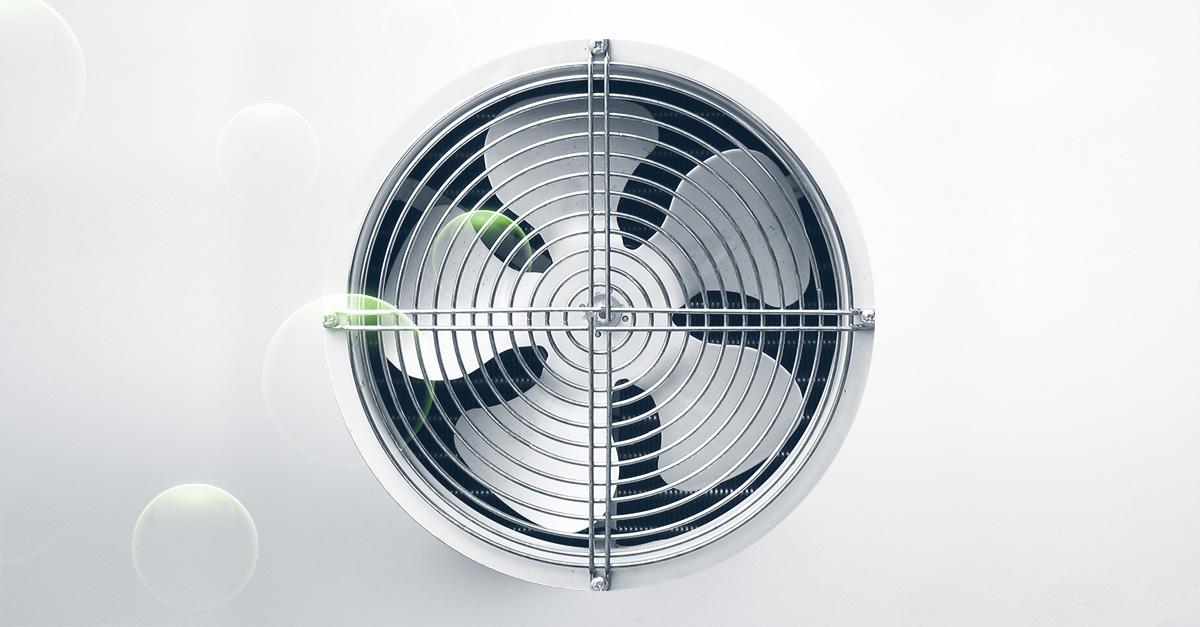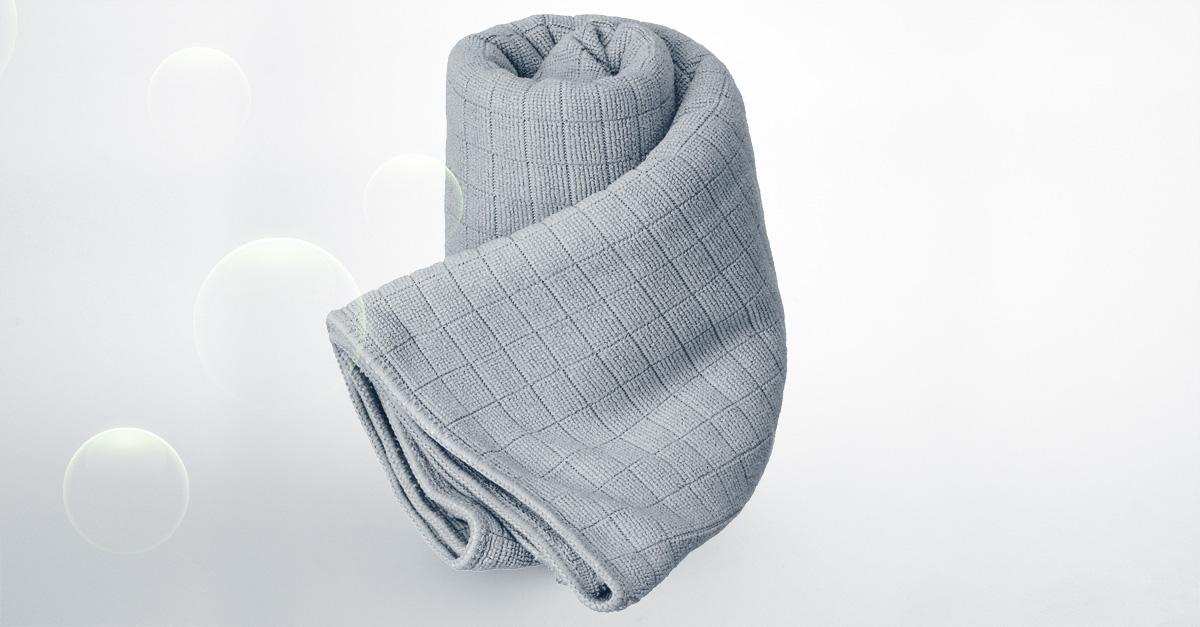There’s nothing worse than pulling out a piece of gear for the first time in a while and finding that it doesn’t work anymore.
Digital music tools like your DAW or VST plugins will never need repair, but the physical parts of your setup are all at risk.
Not taking proper care of your equipment can shorten its lifespan and cause it to need repair more often.
But if you learn the basics of keeping gear in good shape shape you’ll be able to keep your equipment out of the repair shop and ready to use in your home studio.
Here are 7 tips to help you keep on top of your gear maintenance.
1. Dust is your enemy
Dust and electronics don’t mix well.
Dust and electronics don’t mix well.
Excess dust can cause solder contacts to weaken and potentiometers (knobs) to get scratchy.
Keep gear cased or covered where possible and remove any dust that does accumulate regularly.
For hard to reach areas you can use a gas duster or “canned air” type of electrical cleaner—but be careful. These products contain harmful chemicals and should only be used where absolutely necessary.
2. Beware of batteries
Batteries can’t be left in place forever.
Eventually any type of battery will begin to leak corrosive materials that can easily damage equipment.
Eventually any type of battery will begin to leak corrosive materials that can easily damage equipment.
This is especially common in vintage synthesizers that use watch sized batteries to power LED displays or other cosmetic elements.
Try to remember to swap dead batteries sooner rather than later to avoid any damage.
3. Clean contacts periodically
Even if you’re super careful about dust, some solder points may eventually need cleaning to maintain solid contact.
If you’re noticing evidence of intermittent connections within the circuit, you might be facing this issue.
To solve it you’ll have to use contact cleaner. Contact cleaner is a super fast drying chemical bath for circuit boards.
Contact cleaner is a super fast drying chemical bath for circuit boards.
It removes any surface debris that might be contributing to poor circuit closure between soldered components.
It’s another fairly toxic product, so you don’t want to use more than you have to.
Make sure you use a contact cleaner that’s specifically designed for sensitive electronics like audio gear.
4. Avoid heat buildups
Excess heat can cause stress on electronics as well.
Make sure that any built-in fans are in working order on equipment that has them.
And definitely don’t block any vents or heatsinks. Avoid positioning two extra hot units too close to one another.
Avoid positioning two extra hot units too close to one another.
Any situation where things regularly get hot can be an issue so make sure there’s good ventilation!

5. Change replaceables regularly
Some gear uses components with a limited lifespan that need to be replaced regularly.
Vacuum tubes, fuses, guitar strings and other replaceables should be refreshed before they start to fail—if possible.
Tubes suddenly going microphonic in a guitar amp or mic pre can be pretty unsettling!
6. Always supply the correct power
Make sure you power all your devices correctly.
I’m not saying you need to only use the manufacturer’s power supply. Just be aware of the specifications and use a power supply with the correct specs.
Here’s the basics:
- Always use a power supply of the exact voltage value specified—unless the manufacturer gives a range. Voltages that are too high can cause damage.
- You must use a power supply that delivers at least as much current as the device specifies. More is OK, less won’t work.
- Pay attention to the polarity of the power supply. You must match the polarity of the device with the power supply or you could risk damage. Never daisy chain devices that require opposite polarity power supplies.
Never daisy chain devices that require opposite polarity power supplies.
7. Wipe, but don’t use soaps or cleansers
You’ll have to use some kind of a cloth or wipe to deal with dust on your gear. The best choices are gentle non-abrasive material like microfibre cloths or soft rags.

You might think that using a specialized cleaning product would be effective, but in the vast majority of situations a slightly damp cloth is the best option.
Soaps or cleansers can damage the finish of sensitive equipment. And your gear is rarely dirty enough for them to be necessary.
Well maintained gear is happy gear
Cleaning and maintaining your gear might sound like the most boring job in the world.
But your hard work will pay off if you put a little bit of effort into keeping your gear in top shape.
Use these tips to keep your tools in good shape and ready to use when inspiration strikes.